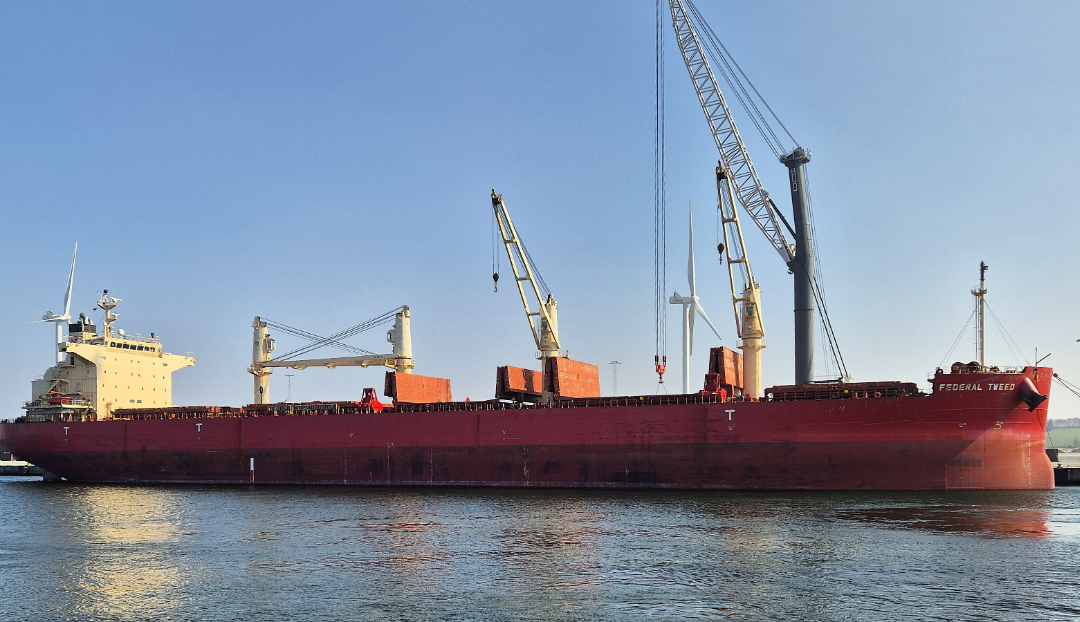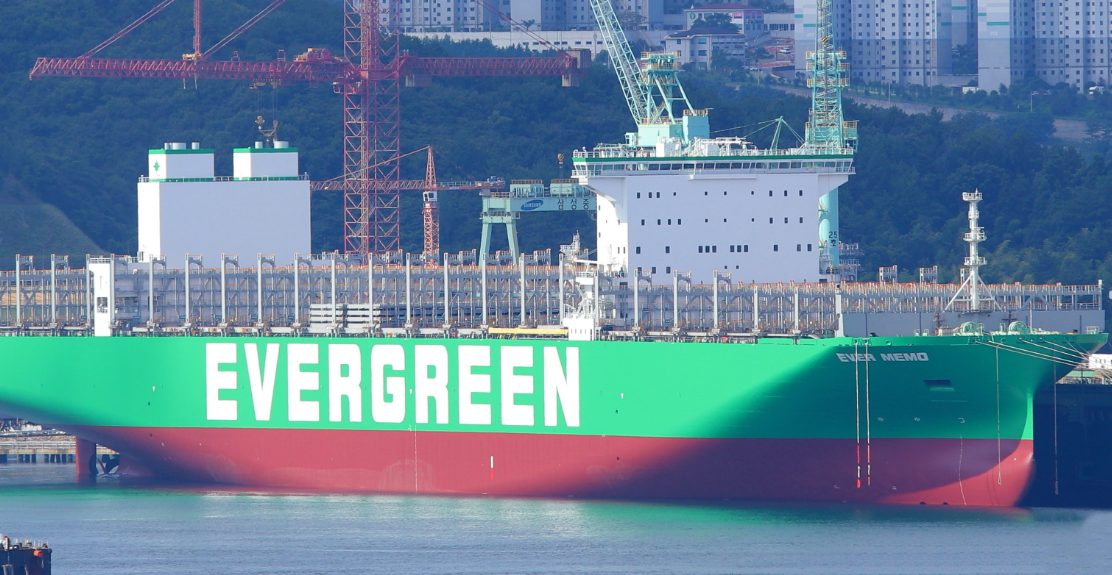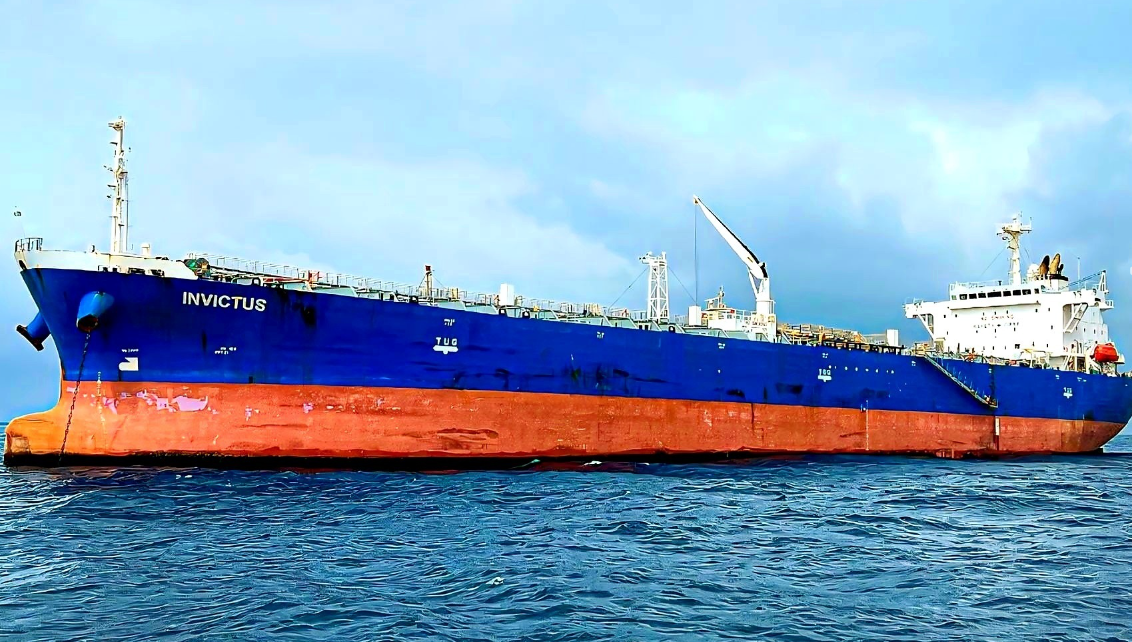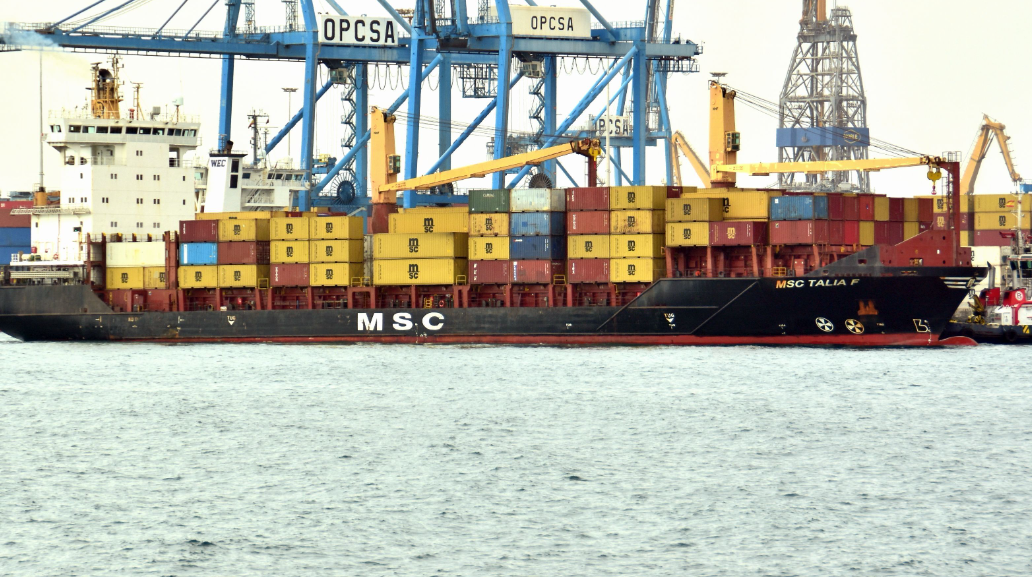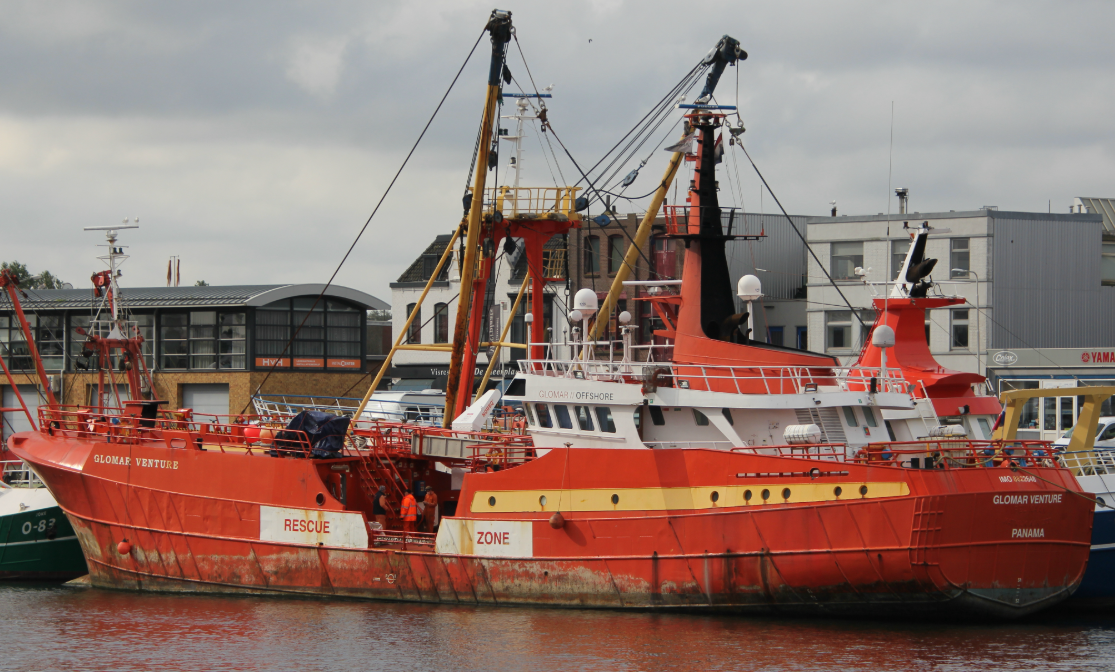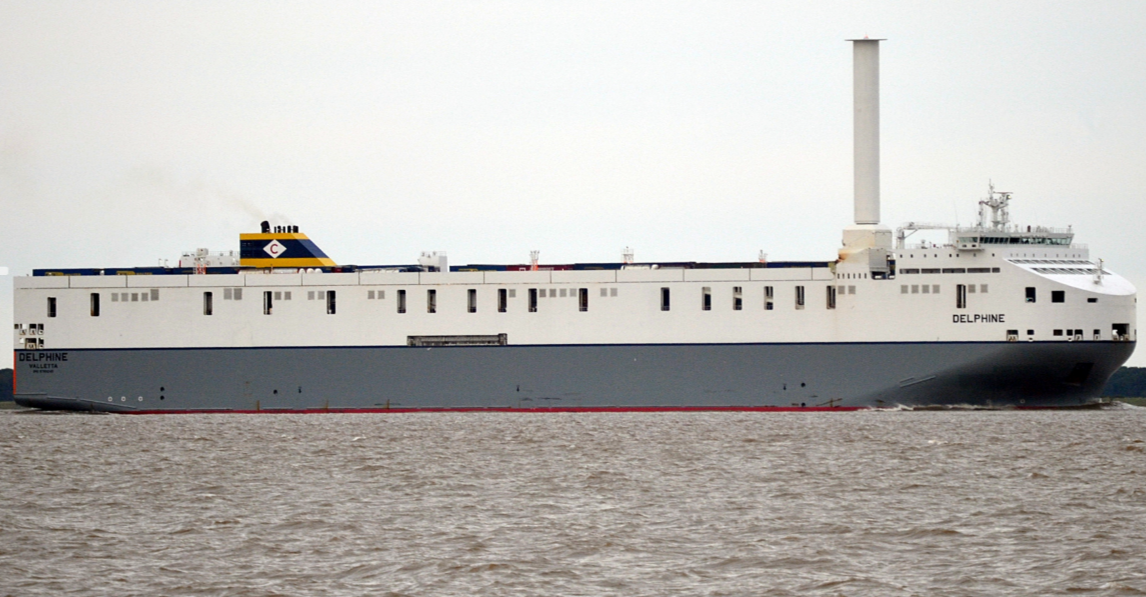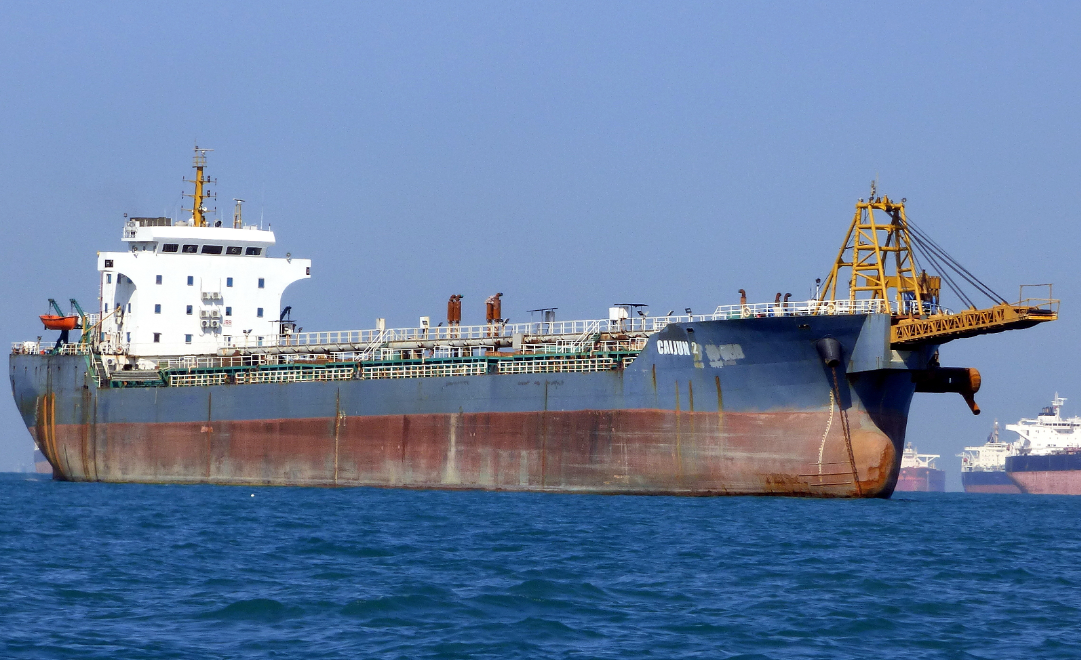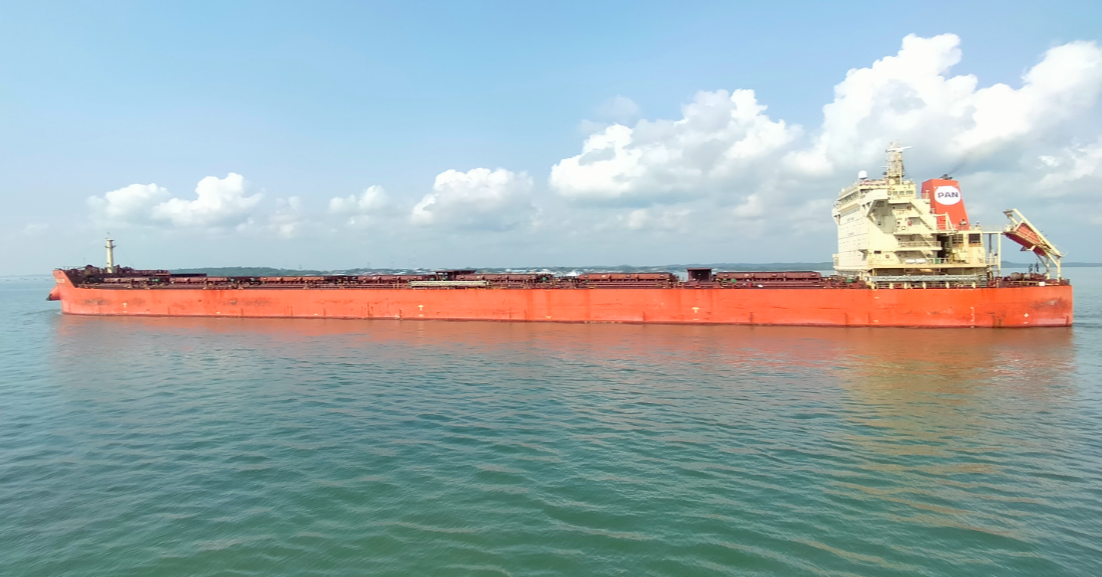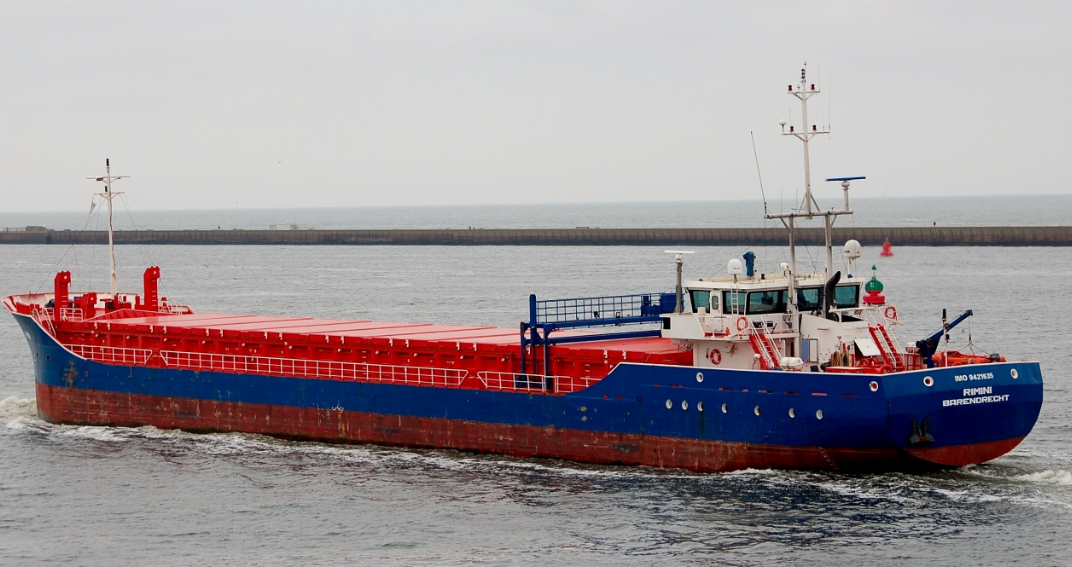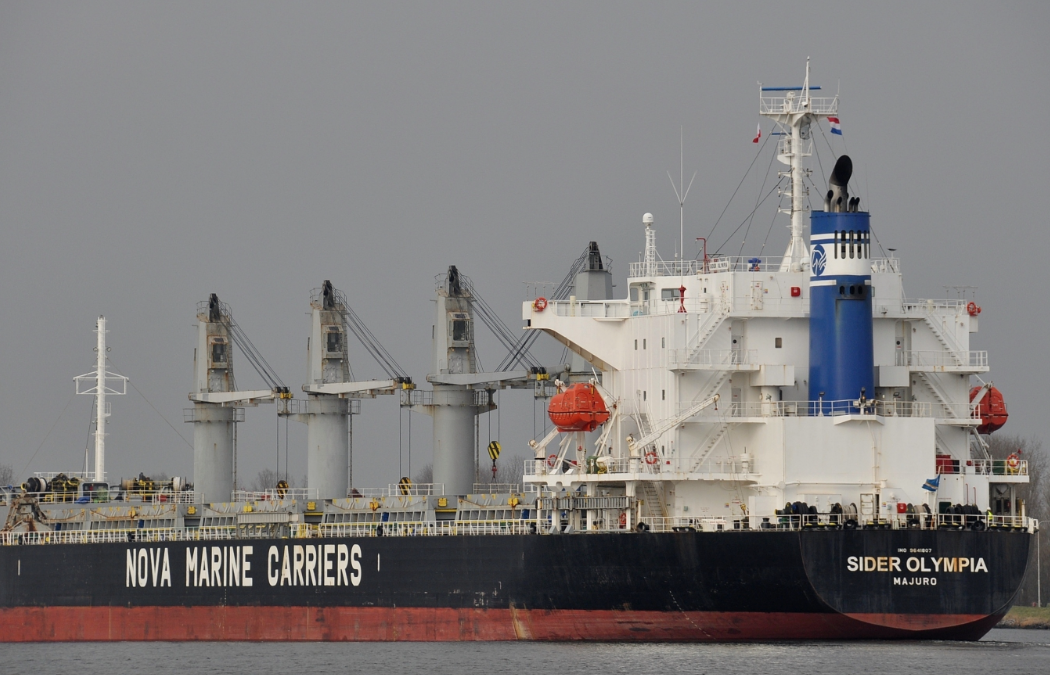Source: In a controversial move, the Trump Administration has announced the imposition of fees on China-linked ships docking at US ports, a decision that has been criticized as short-sighted by various stakeholders. The plan, initially proposing taxes of up to $1.5 million per port call for Chinese vessels, has been adjusted to levy fees based on net tonnage, containers, or cars unloaded. Shipbuilders in China have expressed opposition to this measure, arguing that it represents protectionism that will ultimately harm the US economy and contribute to inflation. The proposal has been designed to support the struggling US shipbuilding sector and reduce China's dominance in global shipping. New tariffs will be enforced from October 14, affecting Chinese-built and owned ships. These ships will be charged $50 per net ton, with the rate increasing by $30 annually over three years. Alternatively, a fee of $120 per container will apply, escalating to $250 within three years. Non-US-built ships carrying vehicles will incur a $150 fee per car. Notably, ships serving specific US regions, such as the Great Lakes and Caribbean islands, will be exempt. Chinese-owned but non-Chinese-built vessels will face a lower levy of $18 per net ton, with a $5 annual increase over the same timeframe. This provides a competitive advantage to non-Chinese shipping firms against companies like Cosco. This announcement coincides with the one-year anniversary of a USTR investigation, which concluded that China employs unfair practices to maintain its global shipping supremacy. The actions of both the Biden and Trump administrations demonstrate a bipartisan commitment to revitalizing US shipbuilding. While US labor unions have welcomed this plan, viewing it as a job creation strategy, organizations such as the American Apparel & Footwear Association argue it could dampen trade and raise consumer prices. The China Association of the National Shipbuilding Industry has strongly opposed the US measures, claiming they will disrupt international maritime trade and exacerbate US inflation. Cosco Shipping also voiced its disapproval, labeling the US actions as harmful to competitive equity within the global shipping sector. Critics argue that these developments could escalate tensions and invoke retaliatory measures from China.
